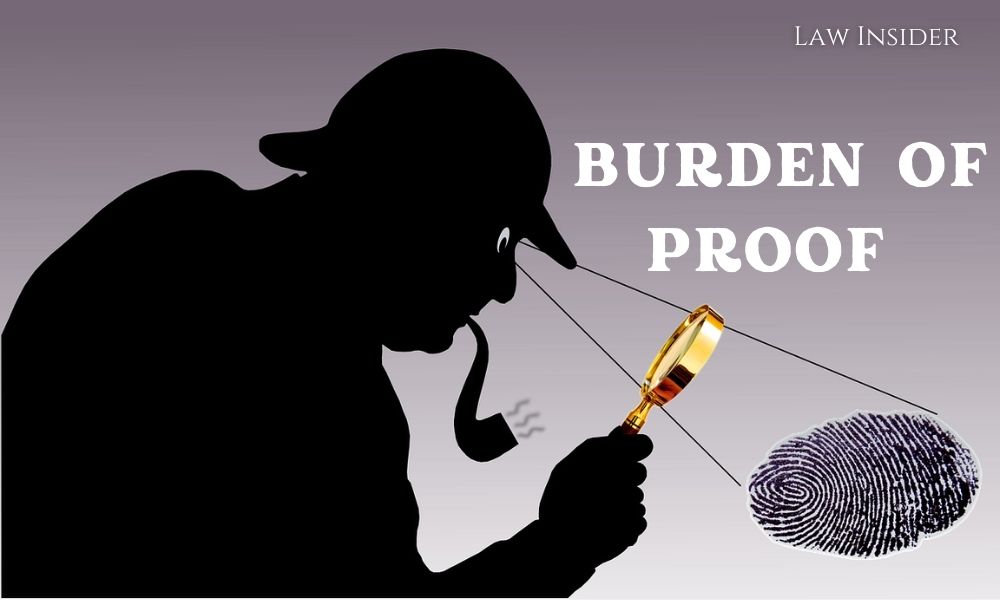Mitali Palnitkar
Published On: February 16, 2022 at 15:36 IST
Supreme Court while acquitting the Accused for murder observed that Section 106 of the Indian Evidence Act is not intended to relieve the Prosecution from discharging its duty of proving the guilt of the Accused.
The Bench comprised of Justice Sanjiv Khanna and Justice Bela M Trivedi. It observed that when the Prosecution failed to prove basic facts that were alleged against the Accused, then burden of proof cannot be shifted on the Accused under the provisions contained in Section 106 of the Act.
In the Case, the Trial Court has convicted the Accused under Section 302 read with Sections 34 and 201 of the Indian Penal Code (IPC). They were sentenced to Life Imprisonment. The Accused filed Appeal in the High Court which were dismissed and the Conviction was upheld.
The Accused contended before the Supreme Court that the Case was based upon circumstantial evidence as no eye witness was present. Also, the Prosecution could not prove the chain of circumstances leading to the guilt of the Accused.
The State referred to Section 106 of the Act and submitted that the Accused did not give any explanation in their statement as to why the deceased left their home the previous day and what they were doing the whole night when the deceased was not found.
The Court referred to the Evidence on record and observed that the deceased had left the house on the previous evening of the alleged incident and was not found the whole night. However, the circumstance in itself was not a sufficient proof to conclude that the Accused murdered and burnt the deceased as alleged.
The Court observed, “The Court has no hesitation in holding that the Trial Court and the High Court had committed gross error of law in convicting the accused for the alleged crime, merely on the basis of the suspicion, conjectures and surmises.”
The contention of the State was rejected by the Court. It allowed the Appeal and acquitted the Accused.

